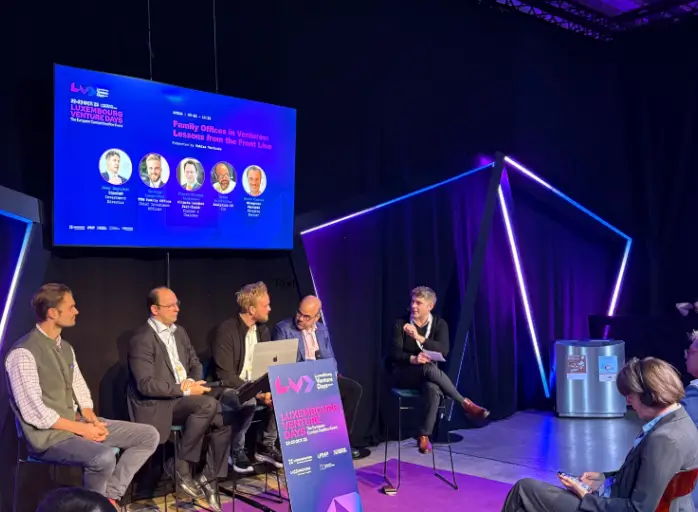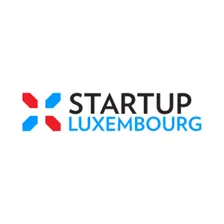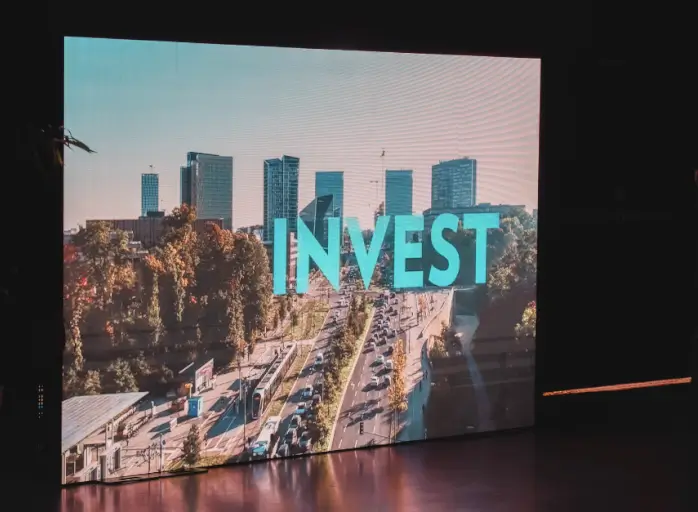
-1.webp)
From spin-off to technology platform: the MPG story
Take a completely unique molecular plasma technology and combine it with a visionary team that, not afraid to change direction and think outside of the box
 Startup Luxembourg
Startup Luxembourg
Take a completely unique molecular plasma technology and combine it with a visionary team that is not afraid to change direction and think outside of the box. Place them in a nurturing national ecosystem, and you have the main ingredients of the success story of Molecular Plasma Group. Five years after its creation, the Luxembourg start-up is working with large industrial clients.
The story of Molecular Plasma Group (MPG) started in 2016, when it was created as a spin-off from the Luxembourg Institute of Science and Technology (LIST) to commercialise a unique nano coating technology using cold atmospheric plasma. Finding a home at the incubator Technoport, the researchers behind the technology started to look for the right market for their solution. As for many start-ups, this proved to be far from easy. Seeing the company’s need for a push forward, Luxinnovation, the national innovation agency, connected it with serial entrepreneur and business angel Marc Jacobs.
Technology for adhesion improvement
“We knew that we had a fantastic technology able to fix organic molecules onto any surface in a permanent way, thereby changing its functionality,” remembers Mr Jacobs, who joined the company as investor and board chair but who today serves as its CEO. “What we did not know was how to use it to bring real value to paying customers. So we went out on the market and asked a wide range of players if there were any problems we could help them solve.”
This approach was successful. Within one year, MPG had initiated 50 proof of concepts with various clients. When analysing what these projects had in common, the company realised that it was all about enabling adhesion to very difficult substrates. “Put very simply: when people are unable to glue something onto something else, our technology can make a real difference.”
MPG decided to position itself as a technology platform. It trademarked its solution as MolecularGRIPTM and started to look for partners to develop tangible applications that could be sold on the market. The main focus is on major players in the field of gluing and on robotics technology integrators that can use the technology as part of their solutions in industrial production lines. “Our way forward is clearly through partnerships,” Mr Jacobs points out. “In addition to industry, we are also actively partnering with research institutes and universities that help us develop new applications for our technology.”
Biomedical industry: a new opportunity
One of the organisations that MPG reached out to at an early stage was Belgian research institute Imec, which became very interested in the technology’s ability to deal with biomolecules and antibodies for biomedical purposes. Through a proof of concept realised together with the university KU Leuven, the company was able to show that it could fix biomolecules such as antibodies onto glass substrates in 10 seconds, rather than the current industry standard of 24 hours.
“This opened our eyes to a new market with huge potential – but at the time, we did not know anything about the biomedical sector,” Mr Jacobs admits. Unwilling to let the opportunity pass, the company successfully applied to Luxembourg’s renowned accelerator programme Fit 4 Start and obtained a place in its first healthtech cohort. “Fit 4 Start was absolutely amazing. It gave us a feeling for the market and helped us develop a roadmap. Since graduating from the programme, we have initiated proofs of concept with several global biomedical players and recruited a business developer in charge of developing this market.”
Unique virucidal face masks
The scene was set for a large industrial breakthrough in early 2020, when the outbreak of the COVID-19 pandemic put an end to business as usual. “When COVID arrived, I asked myself: what can we contribute with to improve the situation? Would it make sense to graft a virucidal coating onto personal protective equipment? I checked with the local hospital ecosystem and they were enthusiastic,” says Mr Jacobs.
The start-up quickly set up a partnership with LIST, the Luxembourg Institute of Health and one of Luxembourg’s main hospitals and applied for an R&D grant from the Ministry of the Economy in order to develop a functioning solution. The successful project was followed by a second one, also supported by the ministry, focusing on how the solution could be scaled up for industrialisation. The result was an industrial machine for applying a virucidal layer on material for facemasks. “We have already sold several machines and are now targeting potential clients in neighbouring countries.”
Global ambitions
But the visions of the company do not stop here. “Our ambition is simply global,” confirms Mr Jacobs. “We want to build a global business based on different pillars. Our new machine is the basis for our healthtech pillar, and the industrial pillar is now picking up again after the pandemic.”
MPG is constantly recruiting to manage its expanding activities. “The main reason for our success is the team,” Mr Jacobs emphasises. “The level of expertise and the commitment of the team members is way beyond anything I have ever seen before. The national ecosystem – the Ministry of the Economy, Luxinnovation, LIST and many others – has also been incredibly supportive. Without their support, our successful development simply would not have happened.”


